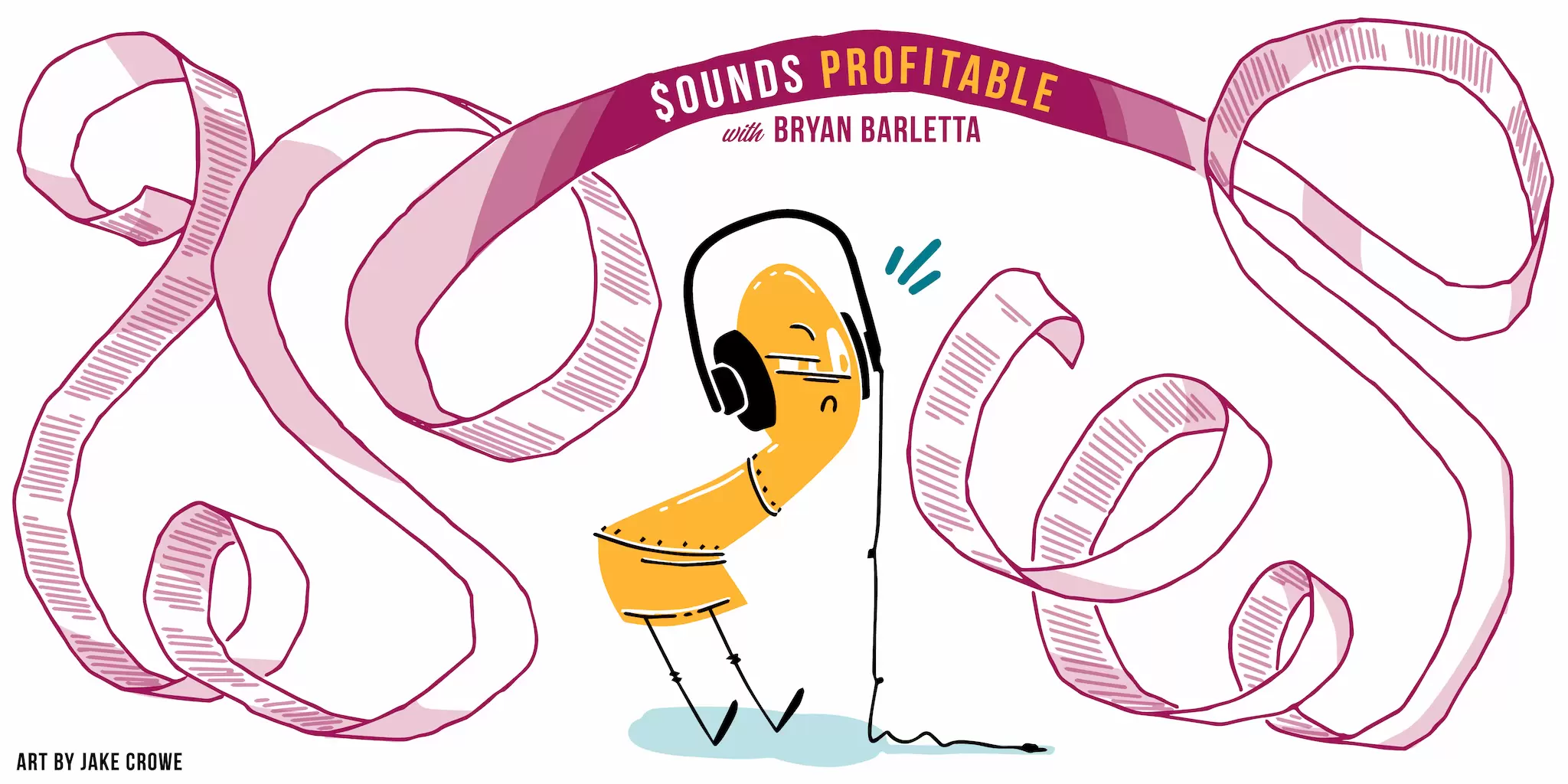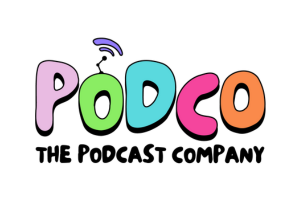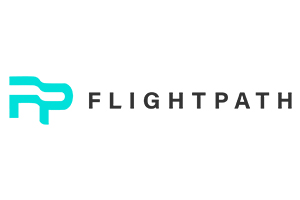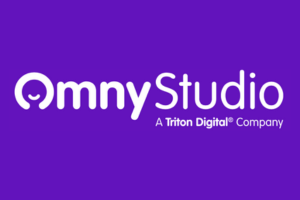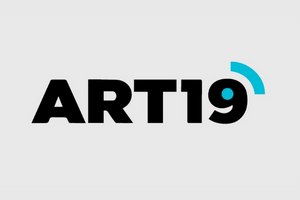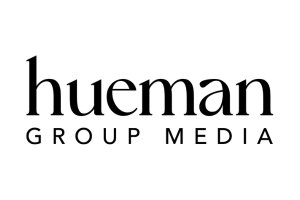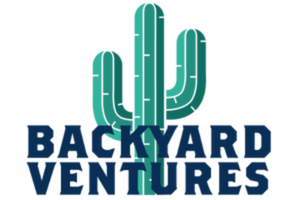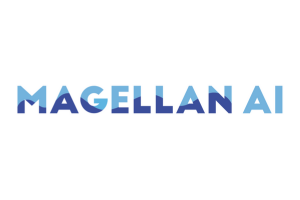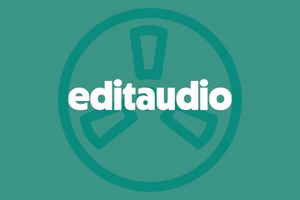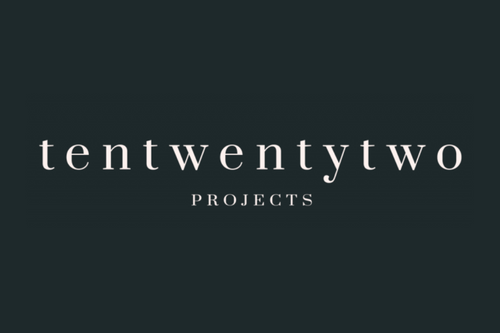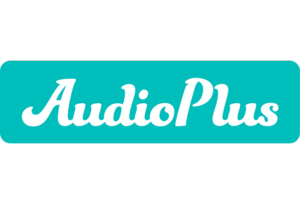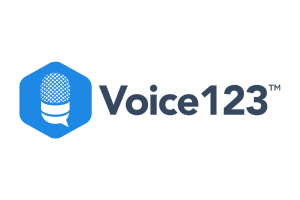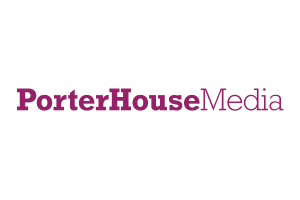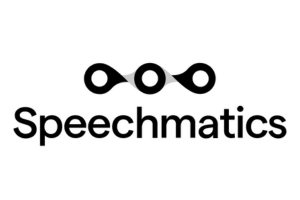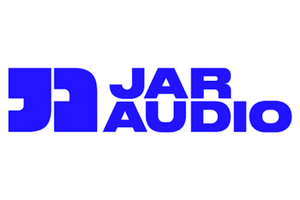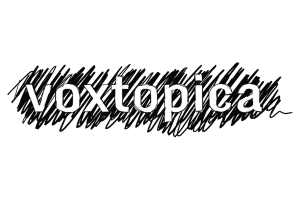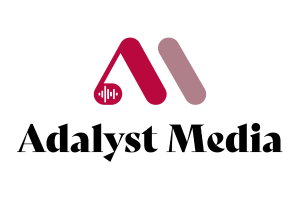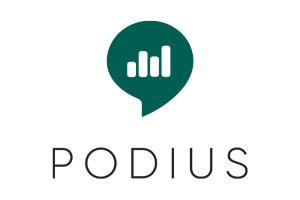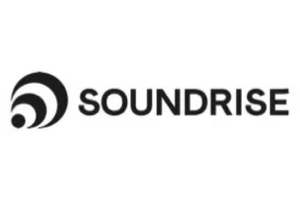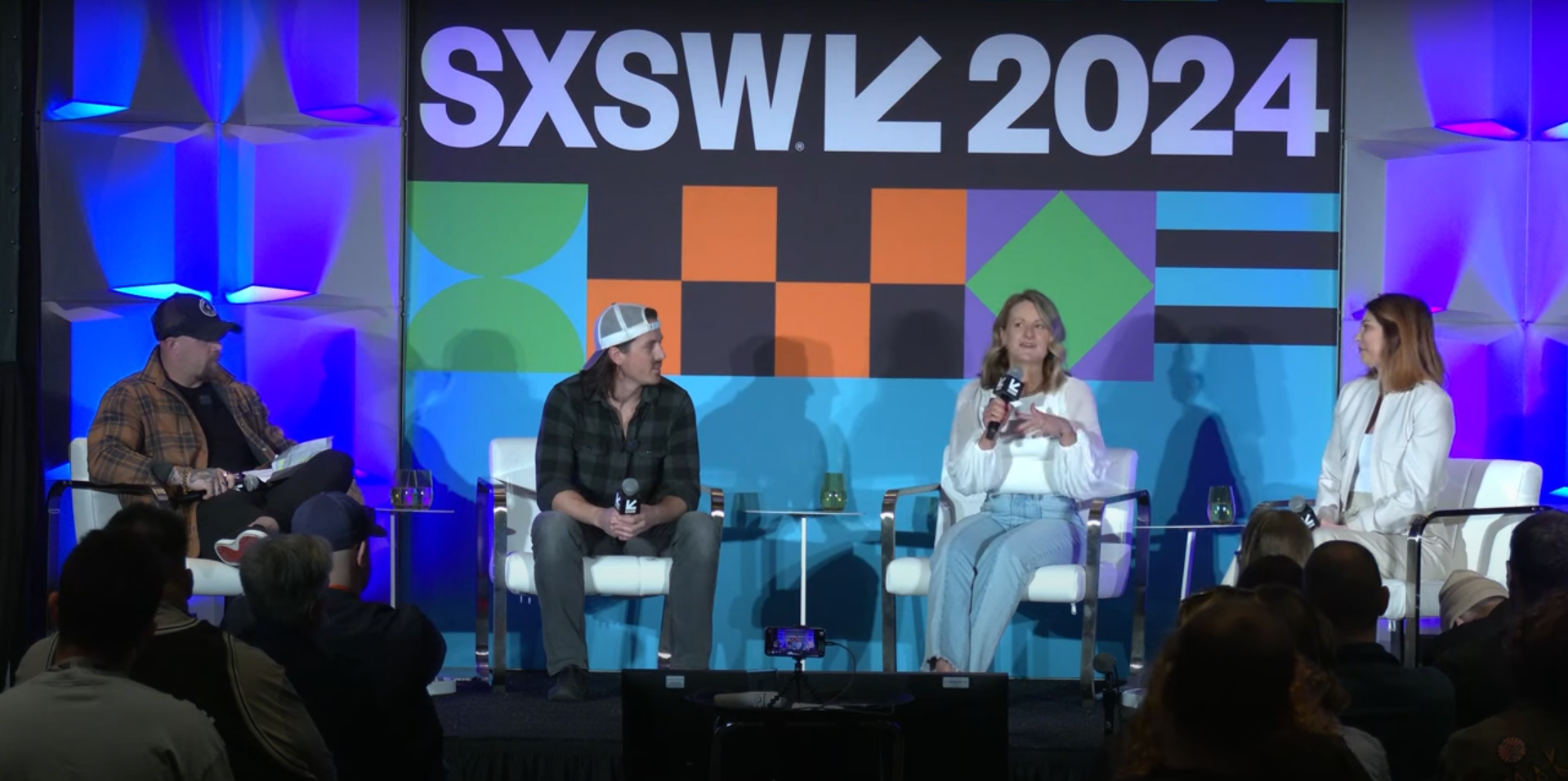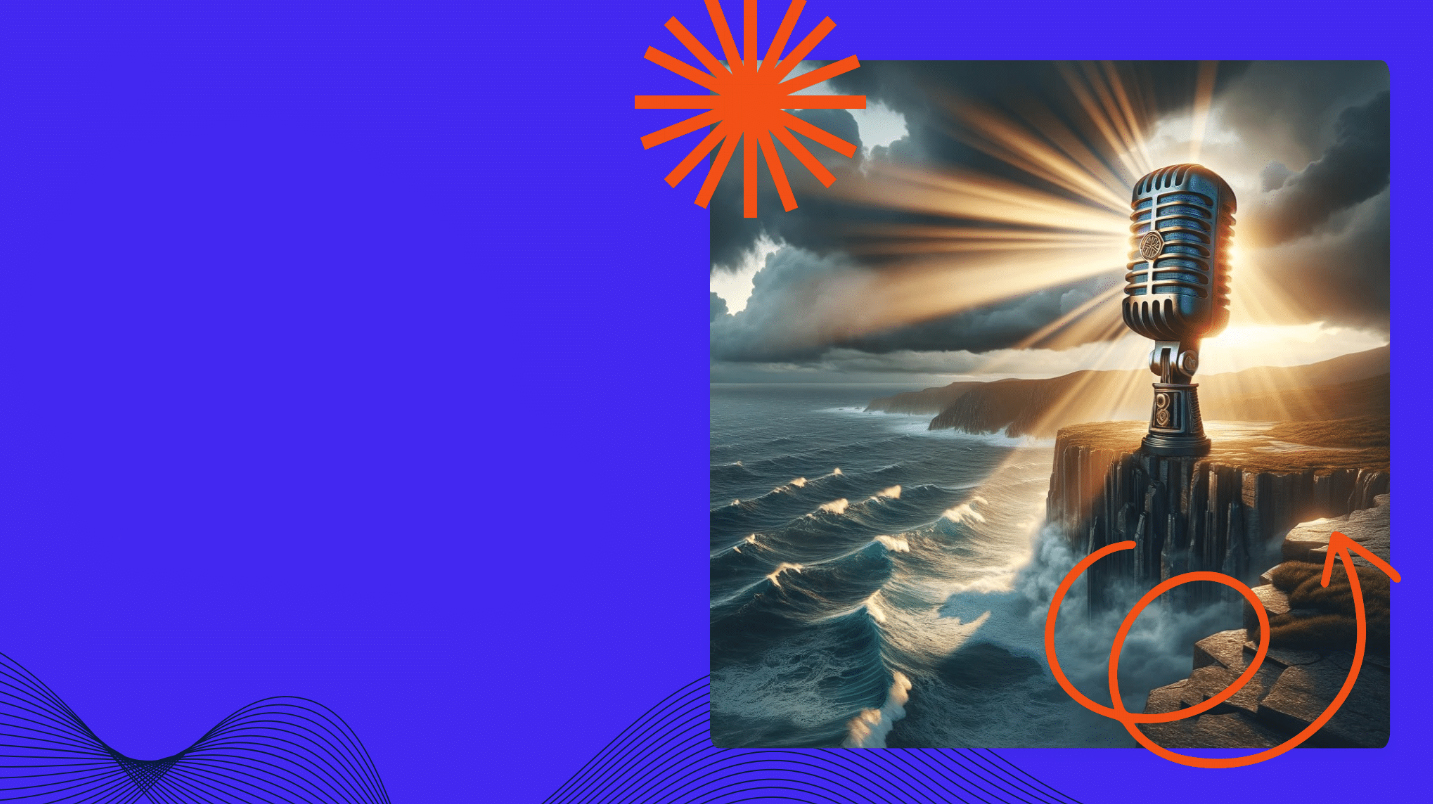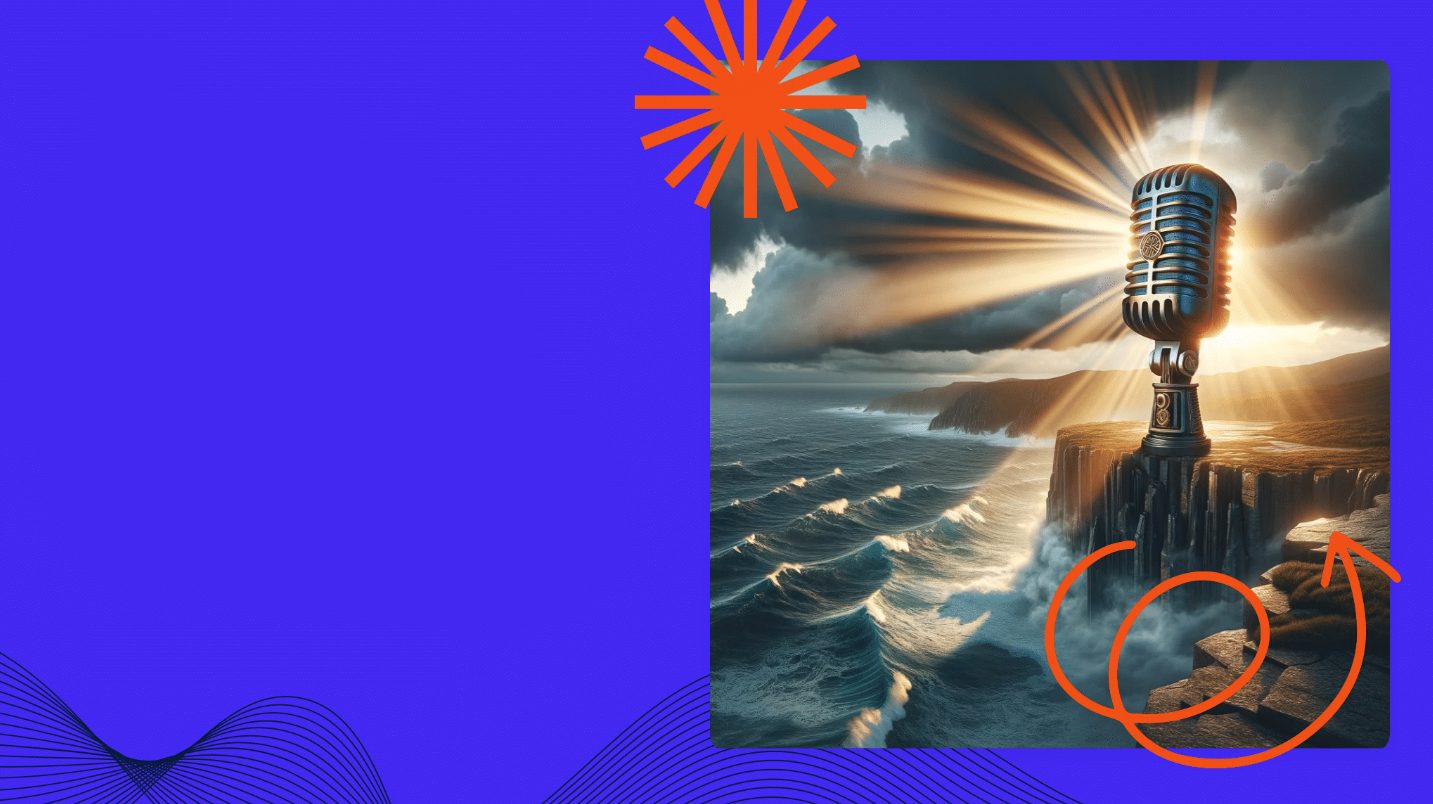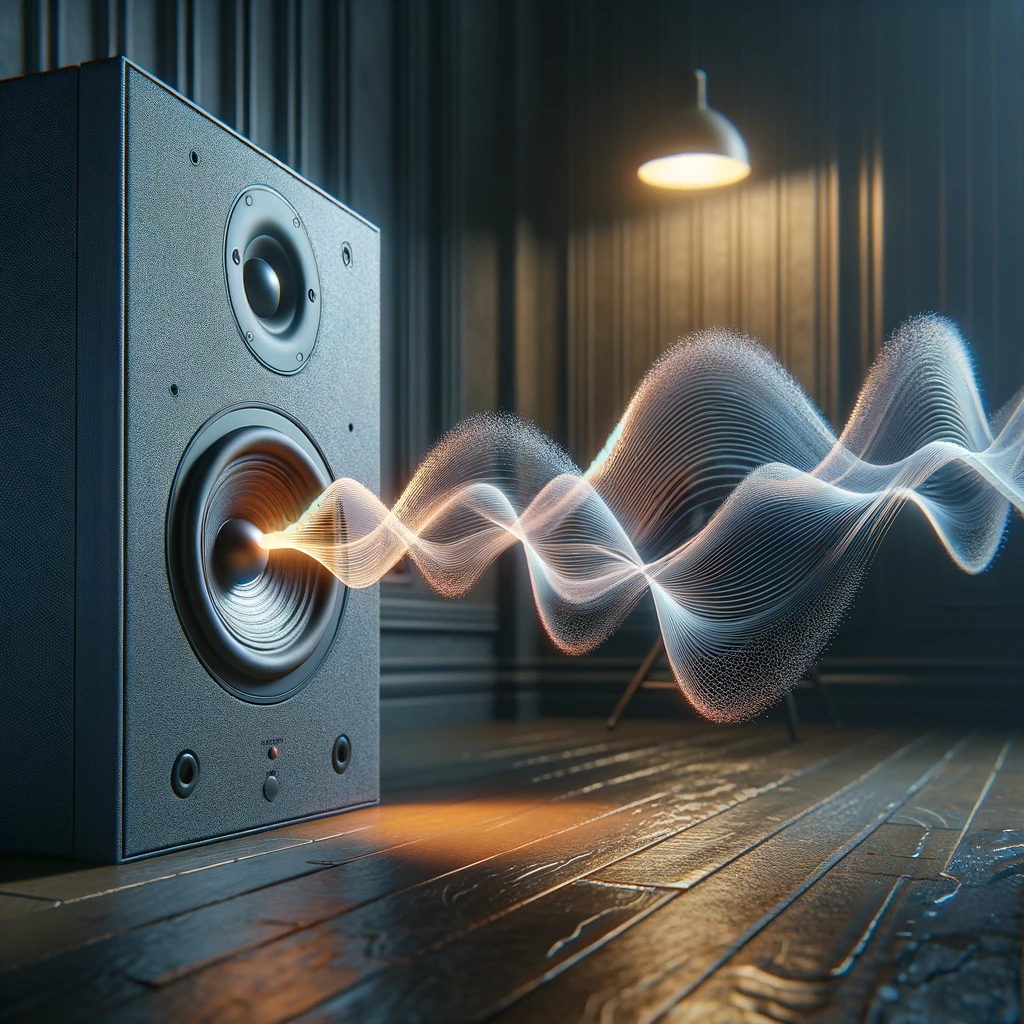Reading the press release for the v2.1 update to the IAB Podcast Measurement Technical Guidelines, you’d think that something revolutionary was coming from the organization. Unfortunately, the press release was more fanfare than progress and provides very little time for public comment.
Admitting Bias
I think it’s only fair for me to come clean: I dislike the Interactive Advertising Bureau’s (IAB) certification of media.
While I do believe fully that uniformity in data is critical to properly sell advertising in any medium, the IAB as an organization charges a substantial amount for involvement, on publisher or buyer side, for what ultimately amounts to a very expensive participation sticker.
For Sounds Profitable to join the IAB as a publisher, it would cost me $5,000 a year for the first two years, then increases up to $10,000. For hosting platforms and publishers a bit more put together than I, the price exceeds tens to hundreds of thousands of dollars per year. It is possible to secure IAB Tech Lab only membership at a slightly lower rate. But if your company wants to get IAB certified, there’s an incremental cost on top of that.
So, what do we get for that cost? A 21-page document that reads like a pleading list of suggestions rather than any firm requirements, ultimately resulting in a certification that still allows for substantial deviance between IAB certified companies reviewing the same data. Oh, and we’re only given 19 business days from day of release (16 from publication date of this piece) to comment on it, in one of the busiest advertising months of the year in one of the most demanding personal years in our lifetime.
I find myself in a very unique position in podcast advertising: I’m neither tied to any specific company nor am I selling any advertising related products. Many of my thoughts in this piece are echoed by the brightest minds in podcast adtech who, due to conflicts of interest, aren’t able to be as vocal with their critique. I’m not here to fault others for not speaking up. I’m here to organize all of us to demand better of an organization that ultimately imposes itself on the rest of the space regardless of whether we’re part of it or not.
Shifting Gears
We need standardized representation of data. The IAB certification is what we have today. And while it doesn’t provide strict enough guidelines to meet that goal, we need to make the most of it.
The IAB v2.1 document is open for public comment until December 31st, 2020. It doesn’t matter if you’re an IAB member or not; they’re asking for your feedback. The document is only 21 pages long. My goal, using the changelog posted by Podnews, is to walk through the changes to help more people understand this coming release.
Why am I doing this? “Buyers should also reference this document to better understand how ads in podcast content are counted” is a quote taken directly from the IAB Podcast Measurement Technical Guidelines. It doesn’t matter what side of the equation you’re on, the IAB Podcast Measurement Technical Guidelines are no more a technical doc than my articles.
So take comfort that if you’re reading my newsletter, you’re equipped to read and provide comment on the doc.
The press release, like many that have gone out this year, says very little while using a lot of words.
Let’s dive into the changes.
IPv6 Addresses
I’ve covered previously the growing importance of IPv6 as it relates to podcasting. Guidance from the IAB this time around comes down to:
“[…]the group strongly recommends the avoidance of IPv6 based measurements in capturing accurate listener metrics.”
and
“Ultimately, as mentioned elsewhere in this document, the key requirement is to be transparent about the methodology used.”
A quick Ctrl+F in the doc for “transparent” provides you with three instances, all suggesting that IAB certified members should make their methodology transparent. Triton Digital does a solid job of providing their podcast methodology and other technical information clearly on their website. I’d encourage other certified partners to follow suit as this is really a fantastic resource.
It would be healthy for more companies to explore IPv6 reporting, or at least capturing the data, to start identifying the major differences we see in methodology to compare it with their peers.
IPv6 isn’t going away anytime soon, so it’s a bit disheartening that we’re in the same place we were with v2.0 three years ago with absolutely no guidelines provided for handling IPv6, even though the press release gave the impression progress was made.
Podcast Player Recommendations
My hopes were dashed in this section by one simple line (emphasis mine):
”As we developed the podcast metrics guidelines, we recognized that it might be valuable to identify some recommendations that publishers factor in when they build their player / listener experiences.”
All of the suggestions in this section are directed at podcast publishers with their own podcast app or web player. But since most IAB certification happens at the hosting provider, analytics, and attribution level, it’s unclear if this is implying that publishers should directly seek their own expensive certification.
The recommendations are honestly great and would solve a lot of measurement problems we’re seeing. But only if major podcast players like Apple, Spotify, Google, and Amazon followed them. The percentage of podcast episode listens from publisher-specific apps is far smaller than the reach of the players offered by those partners.
My particular favorite recommendation is:
”9. Employ an “automatic download unsubscribe” behavior (e.g. – stop auto downloads after five episodes of non-listens).”
Downloads are our most accurate value today, so creating barriers to prevent inflated numbers like this is in the right direction. Personally, I’d like to see the IAB and their members hold accountable the podcast players accessing their content with guidelines like this. While some players like Apple Podcast seem to do this, Overcast – which I’ve used only to test out their privacy feature and not as a player – continues to auto-download episodes as they’re released.
A+ idea, D- execution.
User Agent Structure
As with the previous section, the guidelines proposed here are also aimed toward “App Developers / Publishers”.
The structure they propose is pretty fantastic:
<app name>/<app version><device info> <os name>/<os version><other info>
In other words:
<app name>– The name of the podcast player (e.g.: Apple Podcasts)<app version>– What iteration of the player the listener is using (e.g.: 1.0)<device info>– Identifies the device the user is listening on (e.g.: iPhone)<os name>– Operating System version of the device (e.g.: iOS)<os version>– The version of the OS (e.g.: 14.2)<other info>– Left open-ended for the app developer
Uniformity like this would make resources like the Open Podcast Analytics Workgroup’s useragent list even more valuable, as it would be far easier to catalog all incoming requests.
It would substantially help with actual user-based identification in a household, as right now in podcasting we rarely can identify the device info, OS, and OS version. These values would apply to that device outside of a podcast player, making it possible for demographic targeting to get more granular.
And let’s not forget the importance of RSS useragents, which are not covered by this document.
This is another killer idea that ultimately falls short due to a lack of clarity of who this applies to. If the IAB was more open and accessible for everyone in this space, without the high cost of entry, we might find more podcast players participating in growing these guidelines and adhering to them, similar to the buy-in and growth we’re seeing with open standards like OPAWG and PodcastIndex.
Automatically Triggered Downloads
Today, this section really just encompasses the issues the IAB Techlab identified with Apple Podcasts for watchOS. It provides far more explanation and actual user agent examples for what to filter for, vs the loose requirements from the original blog post.
While all current IAB certified members were required to comply with this by October 1st, 2020, this serves as a way to update new members and also provide an area for the IAB to dictate how to handle podcast apps that don’t comply with their guidelines.
This is the most encouraging section in this document, as it clearly shows that if you won’t comply or cooperate with IAB guidelines, there is potential for them to make clear decisions on how to process your data.
I just wish we’d see more of a hardline stance like this throughout the document.
Client-Confirmed Ad Play
I could not be more puzzled at the call out of this specific phrase in the press release.
There are no changes in this document related to getting podcast advertising anywhere close to client-confirmed ad play metrics.
This quote sums up the IAB’s stance on the matter:
While the client-confirmed ad play metric represents the most accurate count for ad plays in a podcast, it requires client-side tracking. As discussed earlier, the platforms used to download, store, and play podcast files lack or prevent the technology needed for client-side counting. […] The IAB Tech Lab will continue working with the player platforms to get more access to client-side beacons.
The press release-worthy update is that when an app decides to pass client-confirmed ad plays, they encourage hosts to accept it… which was the same statement made in v2.0.
Unfortunately I don’t see client-confirmed ad plays gaining traction through the IAB unless they become more willing to take extreme actions.
There’s nothing motivating the developers of podcast players to pass over client-confirmed ad plays to hosting providers or publishers. Nor is there any incentive for hosting-providers or publishers to do the work to accept and incorporate that data before the podcast players agree to start passing it.
Unless the spec improves to incentivize the parties or the IAB takes the extreme action of calling for podcast players that don’t share their data to be blocked, don’t expect to see improvement in client-confirmed ad plays.
Wrapping It Up
There’s a lot of really great recommendations in this document, but it really needs a complete overhaul.
The language it’s written in feels apologetic, embodying the point of view of someone outside the podcasting space: constantly excusing the lack of conformity to other digital measurement standards instead of simply explaining the differences. If edited to simply focus on the guidelines instead of why things are “limited”, we could probably shave a few pages off of it.
Certifications from large organizations with strong media ties like the IAB are going to continue to show up in podcasting. We’ve even seen the Media Ratings Council (MRC) mentioned in the podcasting space as early as 2017. Requests for proposal (RFPs) from buyers who frankly aren’t provided the time to educate themselves on if certification is even important, will continue to include fields asking about IAB compliance.
Right now, adtech companies comprise most of the list of IAB certified partners, but should this doc apply to publishers and app developers? We need more clarity from the IAB on how far this can reach. Because if the line stops at the adtech side, it sounds like we need a separate organization to help provide guidance on the rest of the space.
A great example of this is the call out the encouragement of maintaining allow and deny lists (the IAB needs to update their language from whitelist and blacklist) for multiple aspects of the spec, yet provide no forum for to do so, to the point where OPAWG has flourished as a free resource in this space.
And speaking of clarity, I think it would do substantial good for the IAB Tech Lab meetings and mailing lists to be open to the public. Feel free to continue monetarily gatekeeping participation, but if this is going to be open to public comment, being able to listen in to the meeting where these ideas are proposed would create a far more informed public. The document says that all sides of the advertising equation should be familiar with the document. What better way to accomplish that than more inclusion.
To the IAB: I would love to help you connect better with the podcast advertising space, but I’m not willing to spend thousands of dollars a year to attend meetings I can’t write about and donate my time to improve a process you charge others a substantial fee to comply with.
Homework
The goal of Sounds Profitable is to educate and empower each of you. If we’ve had a chance to talk directly, you know that I am truly passionate about both adtech and podcasting. We learn through asking tough questions and discussing the answers. Armed with today’s new knowledge, I want to help you ask more questions. Please consider supporting Sounds Profitable through our Patreon.
Homework this week isn’t a series of questions, it’s a request. Regardless of your involvement in the IAB, please find one hour to read the IAB Podcast Measurement Technical Guidelines Version 2.1 and email your feedback to audio@iabtechlab.com by December 31.
In your feedback, please consider encouraging the IAB to be more open and deliberate with their timelines and meetings, to allow a healthier ecosystem.
Sounds Profitable Updates
We closed out our third month as Sounds Profitable, with 1,500 subscribers. I’m thankful for all of the support we’ve received from our readers. Sharing the newsletter and asking your friends and colleagues to subscribe makes a real big difference, so please keep it up!
You might have noticed that we have custom artwork for this article, and those to come. 14 years ago, I promised to my college roommate Jake Crowe, that we’d make a webcomic. I feel like this is at least a step in the right direction. Plus I don’t have to spend two hours a week trying to find the perfect royalty-free image that hasn’t been used to death. This is only possible because of our amazing sponsors.
Starting this Thursday, December 17, and every third Thursday going forward, at 4pm ET (UTC -5:00), we’ll be premiering our Product Deepdive series. This is a detailed walkthrough of podcast adtech products, who they’re for and how they actually work. It’s completely free to join the premiere, which include a live Q&A, but if you can’t make it, we’re making the video available on-demand afterwards, for free.
You can sign up for our first Product Deepdive, with Podscribe, right here.
We only have two spots left for adtech partners to participate in 2021, so please reach out if you’re interested.

